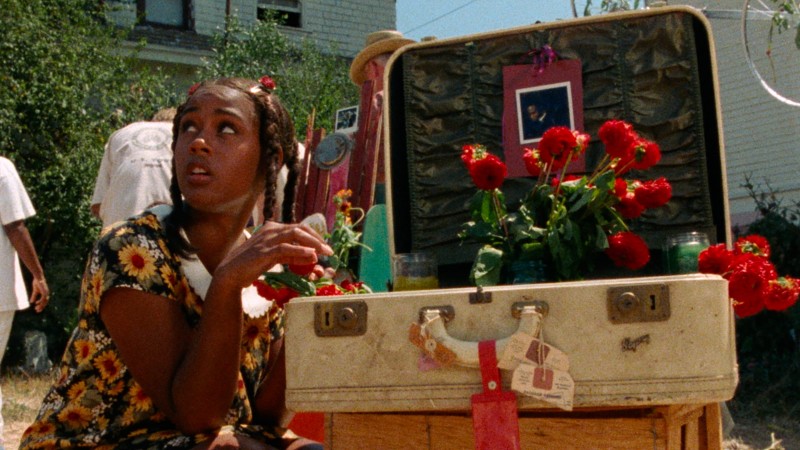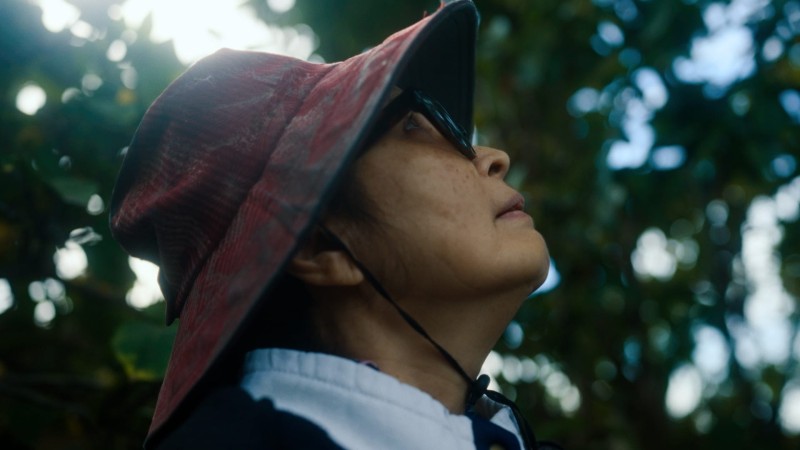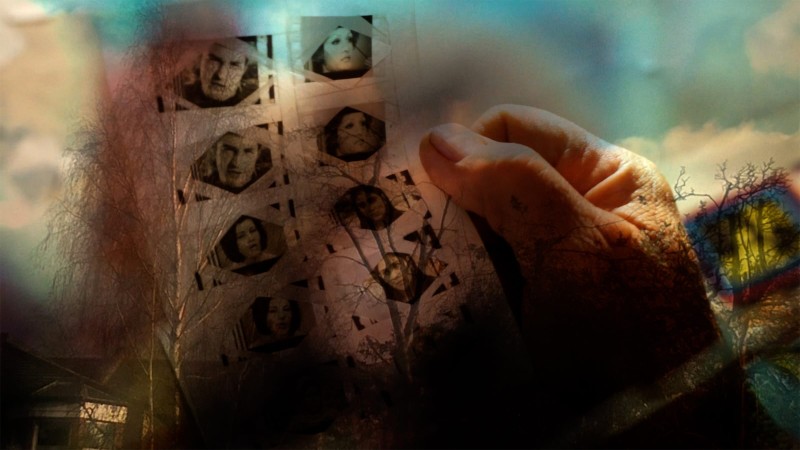Close to Home: A Conversation with Juan Pablo González

In Juan Pablo González’s short documentary Las Nubes (2016), a man named Jésus drives around the arid Mexican countryside and talks about a period in his life when he and his family were terrorized by the members of a drug cartel. Jésus gestures to a patch of land where González’s father used to harvest agave, calling attention to the filmmaker’s offscreen presence as well as his personal relationship to the speaker. But even as the two men’s conversation traverses expansive terrain, the film’s visual focus is notably constricted: throughout its twenty-minute run time, the camera remains static, fixed on the car’s rearview mirror. We’re drawn into Jésus’s plaintive, flickering eyes.
This solemn intimacy and formal restraint are consistent throughout González’s body of work, which blurs the boundaries between documentary and fiction, and revolves around people and communities close to the Mexican filmmaker’s heart. The Solitude of Memory (2014) is a portrait of José, an aging horse wrangler from Gonzalez’s hometown in the state of Jalisco, whose son died by suicide. Caballerango (2018) begins with José and then zooms out to explore the patterns of depression and grief endemic to this small-town population. González’s first narrative undertaking, the short La espera (2016), follows undocumented immigrants living in Texas. That film paved the way for his acclaimed feature-length thriller Dos Estaciones (2022), for which he mined his own family history and its relationship to the tequila industry to tell the fictional story of Maria Garcia (a formidable Théresa Sanchez), the steely head of a tequila factory. United by a meditative approach that captures the spiritual bounty of the natural landscape and the tolls of physical labor, González’s films challenge stereotypical depictions of rural Mexican life.
To celebrate a new Criterion Channel series dedicated to González’s work, I spoke to the filmmaker, who splits his time between Mexico and California, about working with subjects he has known since childhood, documentary ethics, and his wide-ranging influences.







